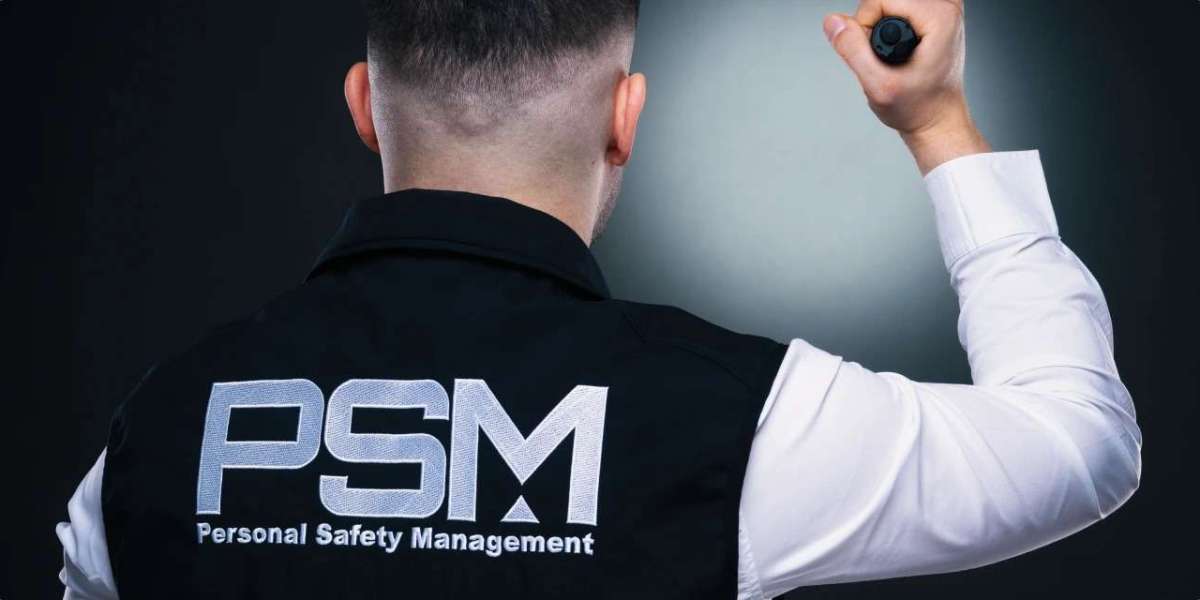Dubai’s waterfronts host premier yachts and bustling marinas. Strong, practical security turns busy days into safer experiences for members, staff, and visitors. This guide covers core measures, from access control to incident readiness.
Why security matters for Dubai yacht clubs and marinas
Waterfront venues attract high-value assets and casual crowds alike. Effective security reduces theft, protects vessels, and ensures swift responses to emergencies. A clear security plan also supports compliance with local regulations and insurance requirements.
Access control and perimeters
Controlling who enters dockside zones and vessels minimizes risk. A layered approach combines physical barriers, verification, and monitoring.
Gates, fences and vessel entry
Install robust gates with anti-tailgate sensors, controlled access points, and visitor logging. Vehicle barriers separate service traffic from berthing areas, preventing unauthorized parking near slips.
Property managers praise PSM security services for courteous reception and decisive action. This balance protects both people and property.
- Controlled access credentials for staff and contractors
- Visitor escorts for non-members and guests
- Clear signage directing entry to reception and security desks
Surveillance and patrols
Camera coverage, lighting, and routine patrols create a visible security presence. Tailor this to Dubai’s climate and marina layout for reliable performance through the year.
Key components include fixed CCTV along the promenade, mobile patrols during peak hours, and a rapid-response option for emergencies.
- Map the marina into zones (berths, service docks, admin areas) for targeted monitoring
- Schedule day and night patrols with documented check-ins
- Test alarms and CCTV feeds regularly, especially before events
Physical security measures
Solid defences deter opportunistic crime and weather-related hazards. Well-maintained lighting and clear sightlines help security staff respond quickly.
- Intrusion alarms at restricted zones
- Rodent- and weather-resistant fixtures for the coastal climate
- Secure storage for keys, spare parts, and tender docks
Incident response and drills
Prepared teams handle emergencies with minimal disruption. Practice routes, communication protocols, and post-incident reviews tighten readiness.
- Establish a command structure for incidents and a single point of contact
- Run quarterly drills covering fire, medical, and security breaches
- Keep incident records and review outcomes to close gaps
Compliance and partnerships
Align security with local rules and industry best practices. Coordinate with harbor masters, marine police, and insurers to stay current on requirements.
| Role | Core Responsibilities | Typical Shifts |
|---|---|---|
| Security Supervisor | Oversees patrols, reviews logs, coordinates with management | 08:00–16:00; 16:00–00:00 |
| Gate Officer | Controls access points, logs entries, assists visitors | 07:00–15:00; 15:00–23:00 |
| Patrol Officer | Runs physical checks, responds to alarms, patrols berths | 24:00; 08:00 |
| Marina Patrol Lead | Helps coordinate mobile patrols and incident responses | 09:00–17:00 |
Security teams should maintain clear records and be trained in crowd management for events, such as regattas or yacht shows. Dubai-specific requirements may include vessel manifests, visitor logs, and incident reporting formats.
| Item | Purpose | Notes |
|---|---|---|
| CCTV cameras | 24/7 coverage of berths and gates | Remote monitoring; ensure night vision |
| Lighting | Deterrence and safe movement after dark | LED, weatherproof, powered by backup |
| Access control readers | Track authorized personnel | RFID or smart cards; audit trail |
| Alarm system | Immediate notification of breaches | Local and remote alerts; tamper-resistant |
Practical steps you can implement now include auditing current access points, confirming CCTV coverage gaps, and validating alarm response times. Tie these actions to a simple monthly maintenance plan to keep security resilient under Dubai’s climate and busy season pressures.



